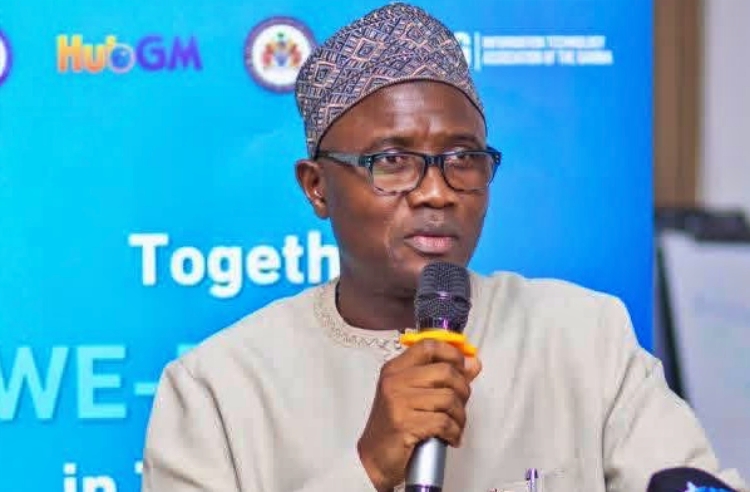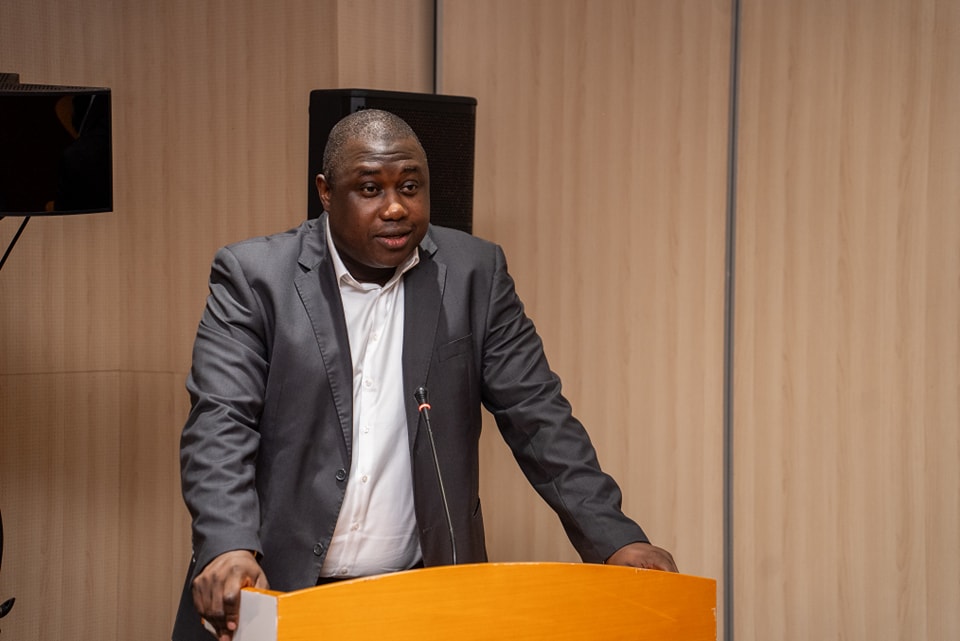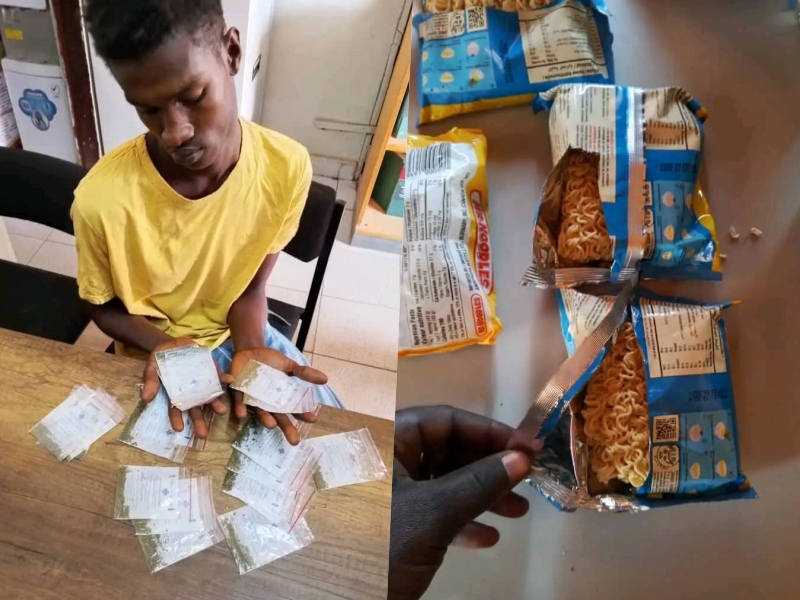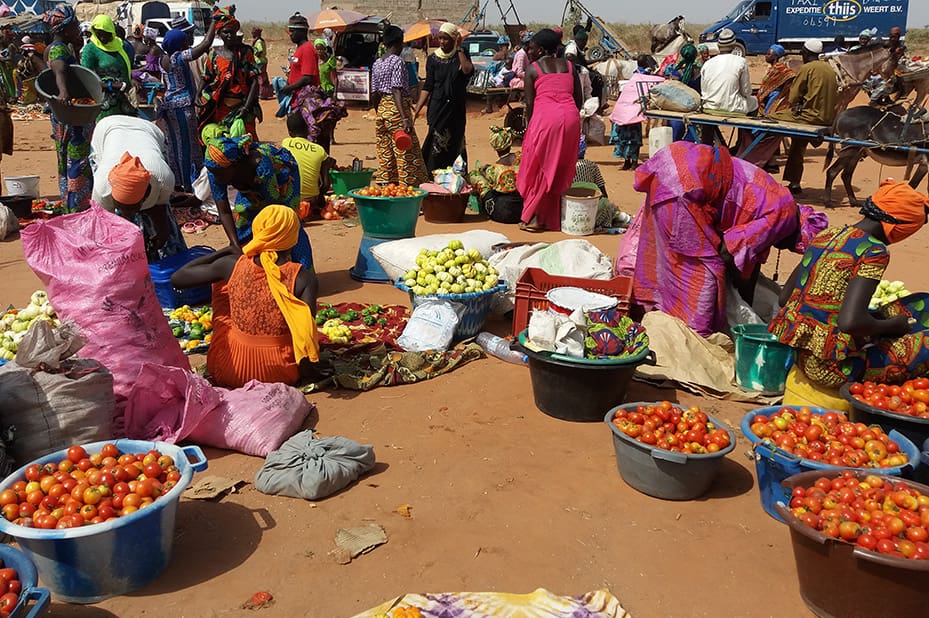Gambiaj.com – (BANJUL, The Gambia) – The World Food Programme (WFP) has warned of growing humanitarian and development funding gaps in The Gambia as food insecurity continues to affect large segments of the population during the 2025 lean season.
In its latest Country Brief for September–October 2025, WFP reports that 243,937 people were projected to face food crisis levels between June and August, with 7,647 individuals in emergency conditions requiring immediate food and nutrition assistance.
The country’s heavy reliance on food imports, despite agriculture employing 70 percent of the population, continues to expose households to price shocks and climate-linked disruptions.
School Feeding Reaches 164,000 Children, but Funding Shortfalls Loom
With the reopening of schools in September, WFP supported 422 schools across several rural regions through its Home-Grown School Feeding Programme, benefiting 164,194 children.
About US$ 635,000 was transferred directly to schools to purchase locally grown rice, beans, and groundnuts, boosting both child nutrition and rural livelihoods. However, the agency notes a US$ 2.3 million funding gap over the next six months to sustain school meals in the most vulnerable communities.
A joint assessment mission with the Ministry of Basic and Secondary Education and the International Trade Centre in October found strong local support for expanding community-based food sourcing and recommended strengthening market linkages between schools and smallholder farmers.
Climate Resilience and Farmer Support Intensify
In efforts to build resilience, 105 farmers in the North Bank Region completed WFP-supported training in post-harvest grain management aimed at reducing losses and improving storage techniques.
The agency also collaborated with the National Disaster Management Agency to provide food assistance to 3,664 people affected by floods, supporting community works such as drainage clearing and the creation of water channels to mitigate future disasters.
Other interventions included support to fishing-dependent households with new equipment and nationwide awareness activities on climate hazards, erratic rainfall, drought, and soil degradation, with a strong focus on empowering women and youth as key agents of change. WFP also facilitated multistakeholder climate dialogues for 300 young people ahead of COP30.
Government Partnerships Deepen
WFP joined government institutions and partners to commemorate World Food Day 2025 under the theme “Hand-in-Hand for Better Food and a Better Future,” reaffirming its commitment to supporting national food and nutrition security goals. It also worked with the Ministry of Agriculture, Livestock, and Food Security to design interventions in six communities aimed at improving soil and water conservation and tackling erosion.
Urgent Funding Needs
Despite progress, WFP highlights acute funding challenges that could undermine critical programs. Of the US$ 20.6 million required for 2025, only US$ 25 million of the multi-year budget has been secured so far, with US$ 3.5 million needed between November 2025 and April 2026. Crisis-response programming alone requires US$ 1.2 million to strengthen preparedness and support shock-affected households.
Donors supporting WFP’s 2025 Country Strategic Plan include major international funds, UN agencies, development partners, and private foundations, alongside contributions from the Government of The Gambia.










